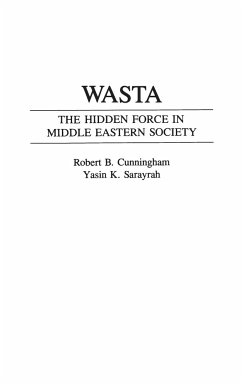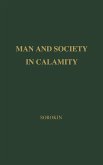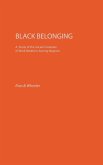Wasta or mediation by a third party is traditional practice in most transactions in Middle Eastern societies. Senior members of the extended family intercede on behalf of younger or less privileged members in making arrangements for employment, overseas travel, business partnerships, university admissions, bank loans, marriages, and most other out-of-the-ordinary forms of negotiation. This book describes wasta's tribal foundation, its evolution in developing bureaucracies, and its present-day practice. The authors use Jordan as an example to illustrate the challenges of doing business with public organizations in Arab countries, where kinship, ethnicity, religion, locale, and class render some individuals more privileged than others. Some wasta practices are legal and moral within a cultural context, resembling the services provided by attorneys, real estate brokers, and accountants in the West. Other wasta acts are illegal or questionable, but are mandated by family members in a traditional web of inter-connecting obligations. After describing wasta, the authors show how it functions to allocate scarce resources and obtain peace and justice in a desert environment. They then show how it has changed to adapt to modern governmental and bureaucratic situations in which special skills are required to deal with new and complicated rules and procedures. Settings where wasta may be observed in action are described in detail, such as the customs office, the university, government ministries, and local businesses. Personal profiles and family situations lend color to the sociological and political analyses of wasta as it is shown in both its empowering and restrictive aspects. To summarize the impact of wasta, the authors use common theory to explain why persons turn public resources to private benefit, spreading the costs over the entire community and supporting the view that wasta can have a negative effect on economic development. The authors present a solution by suggesting that wastas themselves be enlisted in alleviating the social ills created by overdependence on the wasta system, and that past Arab and Islamic traditions should be explored for answers to modern problems.
Hinweis: Dieser Artikel kann nur an eine deutsche Lieferadresse ausgeliefert werden.
Hinweis: Dieser Artikel kann nur an eine deutsche Lieferadresse ausgeliefert werden.








